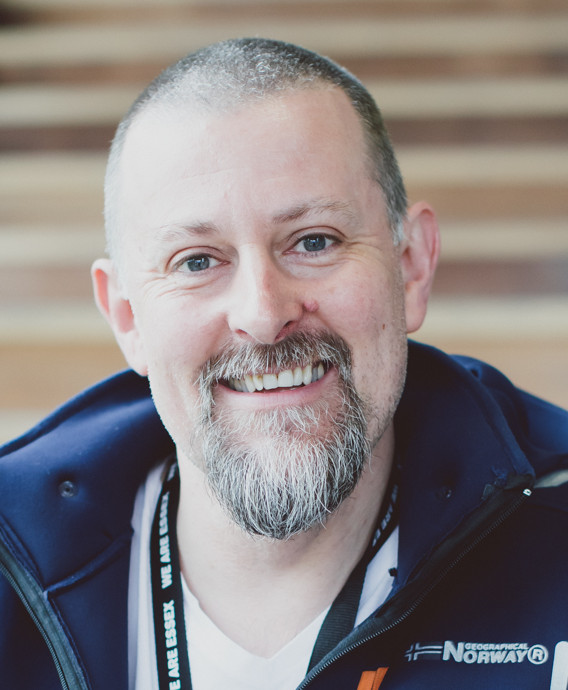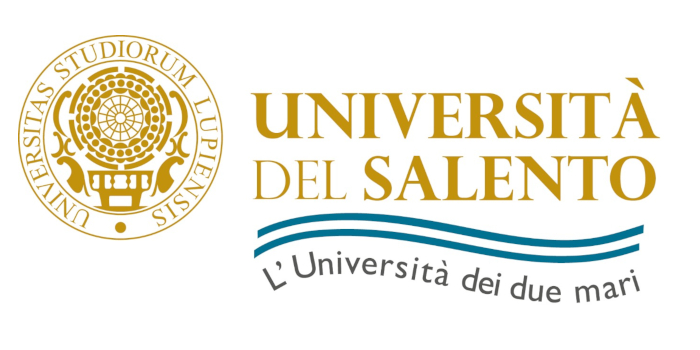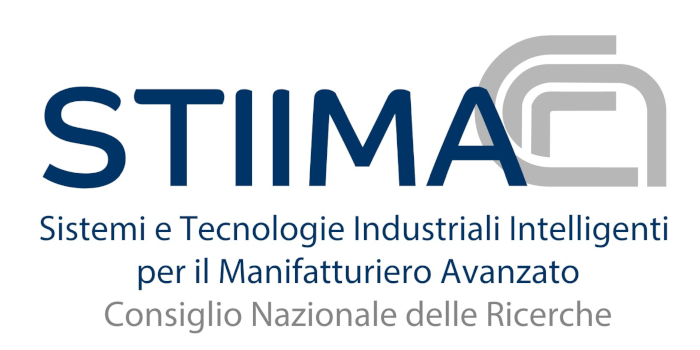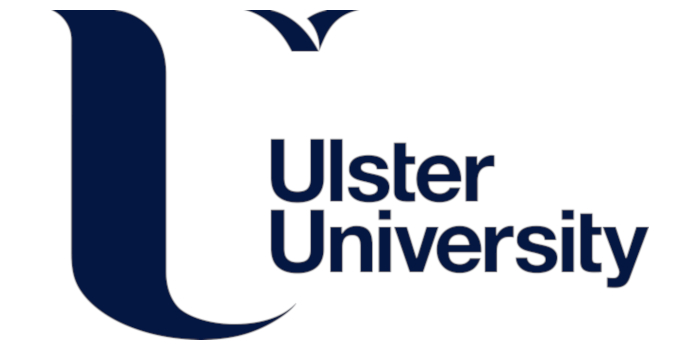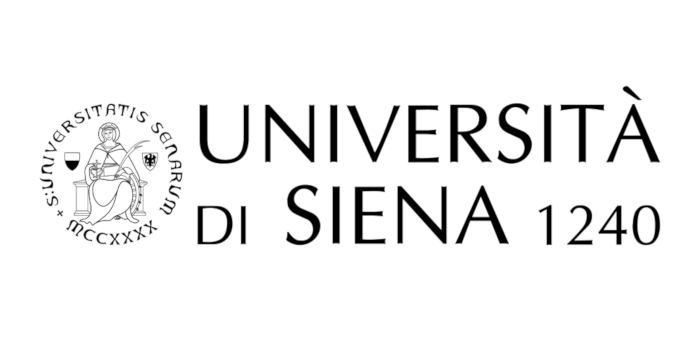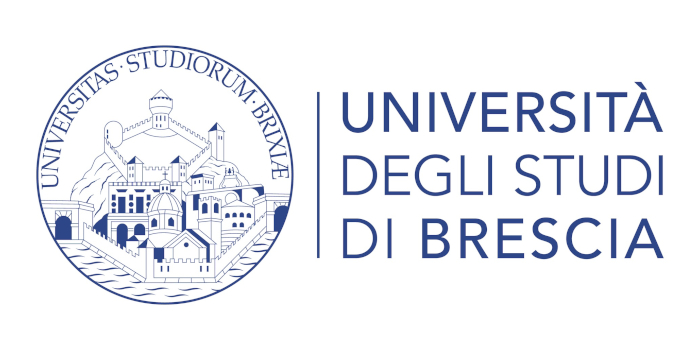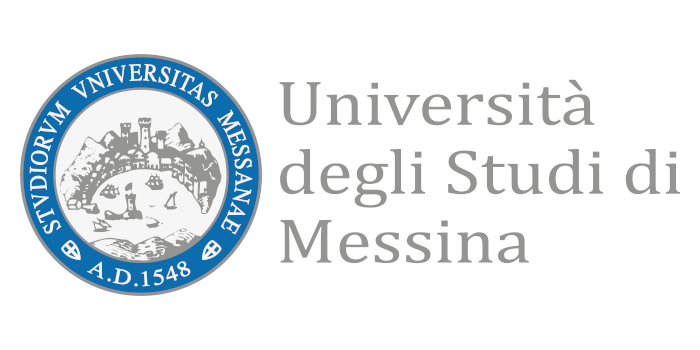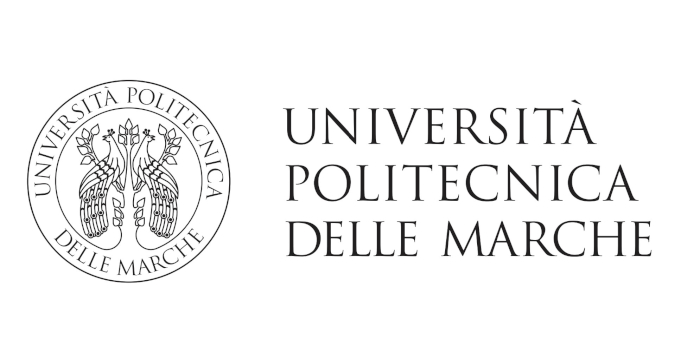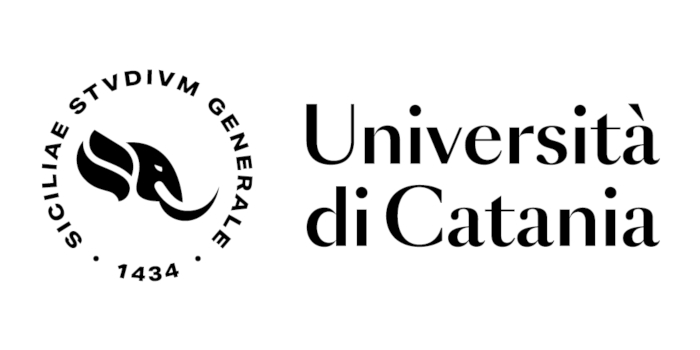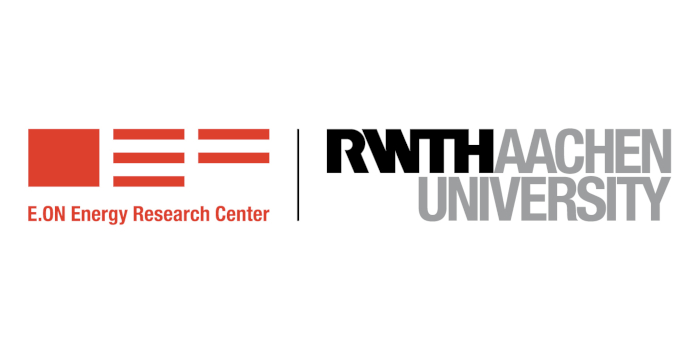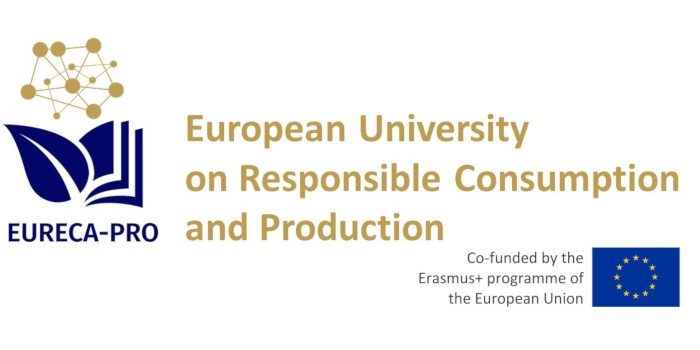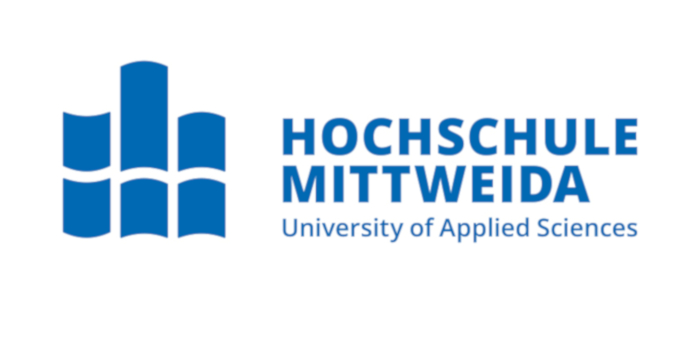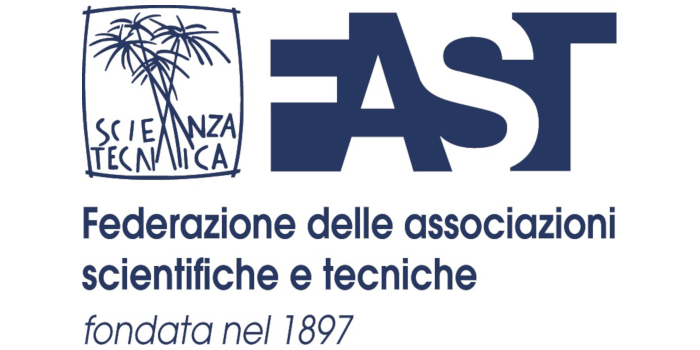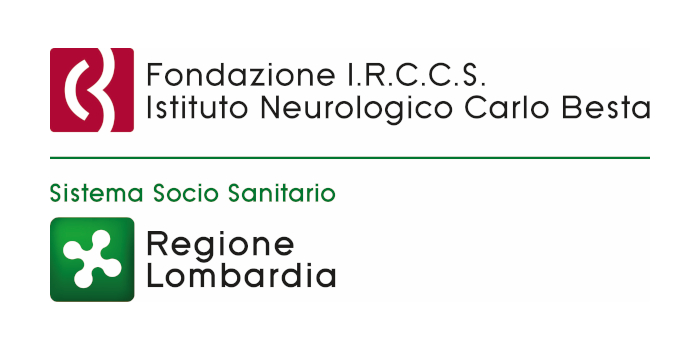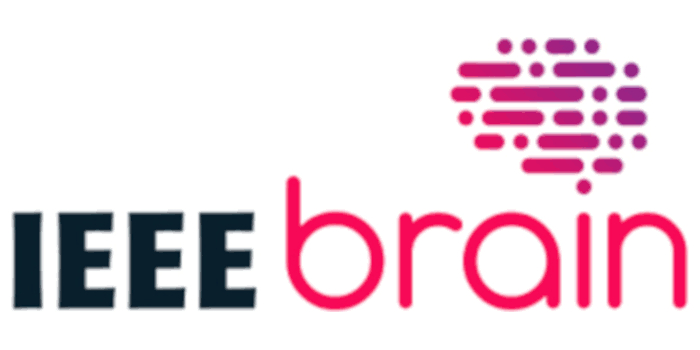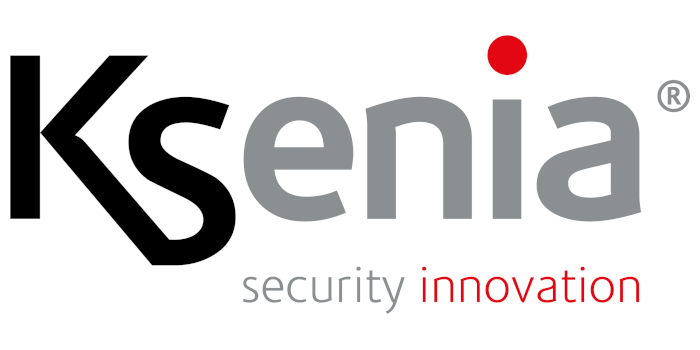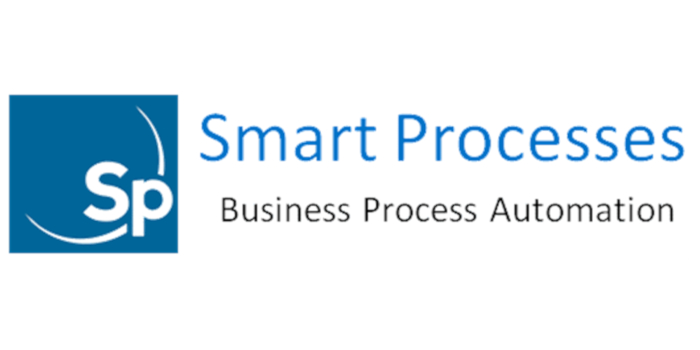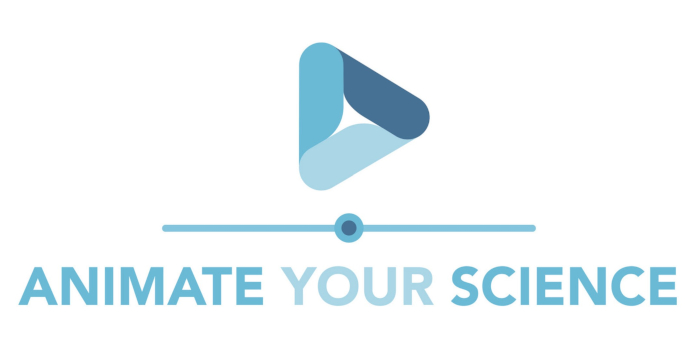KEYNOTE
Non-invasive Neuroadaptive Neural Interfaces:
Learning to Learn
Reinhold Scherer
University of Essex, United Kingdom
ABSTRACT
Neural interfaces are closed-loop feedback systems that enable real-time decoding of neural activity and on-demand neuromodulation of neural circuits. They provide direct access to motor, sensory, emotional, and cognitive functions and open up completely new and unprecedented possibilities for human-machine interaction and cognitive enhancement.
Brain-Computer Interfaces (BCI) enable their users to interact with external devices by converting signals measured from the brain into messages for the device. Messages are encoded by patterns embedded in brain signals generated intentionally or unintentionally by the user. Patterns intentionally created by users can be used directly to control devices. Patterns elicited unintentionally can be used to monitor neural processes and assess psychological states such as cognitions and emotions to trigger an adaptive response of the device (neuroadaptive). The main barriers to the use of spontaneous electroencephalogram (EEG)-based BCI technologies are the wide variation in performance when using BCIs and the inability of BCIs to provide meaningful control to a large proportion of users.
In this talk, I will argue that EEG-based online co-adaptive BCIs, which automatically adjust or recalculate the model parameters of the algorithms that translates the patterns, help to overcome the above problems. I will also present ideas on how BCI technology can be used to detect system errors in virtual reality (VR) and how it can be used to help people whit Math Anxiety.
SPEAKER BIOGRAPHY
Reinhold Scherer is Professor of Brain-Computer Interfaces (BCI) and Neural Engineering (NE), Co-Director of the Essex BCI-NE Laboratory and current Head of the School of Computer Science and Electronic Engineering (CSEE), University of Essex, Colchester, UK. He received the MSc degree in 2001 and the PhD degree in Computer Science in 2008, and the Habilitation (venia docendi) in Applied Computer Science from Graz University of Technology (TU Graz), Austria, in 2016. From 2008 to 2010, he was a postdoctoral fellow at the Department for Computer Science & Engineering, University of Washington, Seattle, USA. From 2010 to 2016 he was Assistant Professor and from 2016 to 2018 Associate Professor at the Institute of Neural Engineering, TU Graz. From 2011 to 2018, he was deputy director of the Institute of Neural Engineering. He joined CSEE in 2019.
His primary research interests are in the areas of online brain-machine co-adaptation, statistical and adaptive signal processing, mobile brain and body imaging, and rehabilitation. Active research topics focus on gaining deeper insights into brain dynamics and mechanisms underlying motor and cognitive learning, with the goal of improving the interpretability of brain rhythms and thereby optimizing the performance of spontaneous EEG-based BCI interaction and rehabilitation protocols. He has published numerous scientific papers and holds patents. He is an associate editor of the journals Scientific Reports, Frontiers in Neuroprosthetics, and Brain-Computer Interfaces, and a board member of the International BCI Society.


